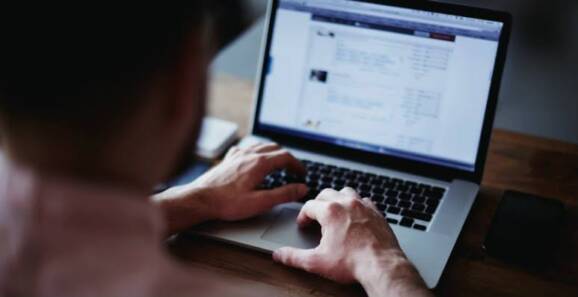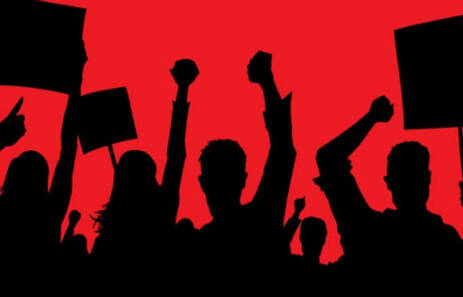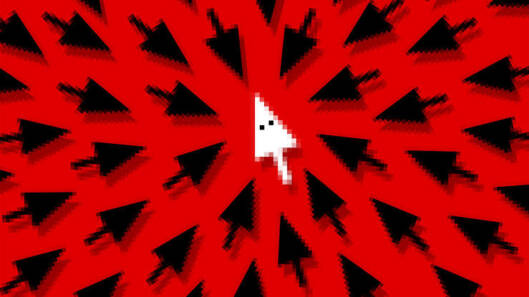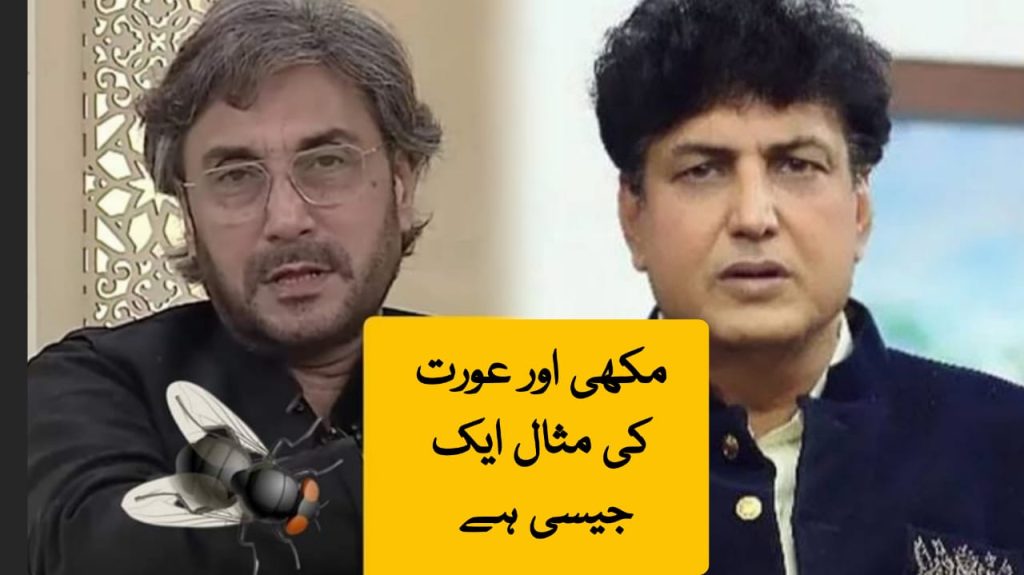Disclaimer*: The articles shared under 'Your Voice' section are sent to us by contributors and we neither confirm nor deny the authenticity of any facts stated below. Parhlo will not be liable for any false, inaccurate, inappropriate or incomplete information presented on the website. Read our disclaimer.
This article was originally submitted by Ayesha Amin
A few days ago, I saw a video of Dalia Mogahed being interviewed by Trevor Noah. Apart from my massive respect for this very ‘Muslim’; educated, well-spoken hijab-clad woman, the interview was a treat to watch because of the light but meaningful way in which she conducted herself and answered the questions Trevor put to her.
She gave some brilliant answers to questions like “Does the hijab make you feel oppressed?” and “Where does radicalization happen?” To the latter, Trevor himself said something to the effect that mosques are to blame for radicalization; to which, again, she responded politely but firmly, looking him straight in the eye,
“Radicalization happens on the internet.”



She went on to explain the purpose and importance of mosques for the Muslim community. That they serve as a community centre – a place to meet and interact; help each other out, exchange knowledge and wisdom. But her statement about the internet being the root of radicalization stuck with me.
Seems a tad far-fetched on the surface, doesn’t it? Almost as if, as a devout Muslim, she is not willing to admit; that a place of worship can give birth to extremists. But she isn’t that far off from the truth, if you think about it.
Take the recent Halloween celebrations, for instance. Group after group on Facebook went on a virtual war over celebrating Halloween. With the participants on most groups being women; most of them living in Pakistan or from Pakistani origin, there seemed to be two clear stances on the issue; the “it’s just a festival…fun and candy for the kids” stance versus the “it’s a pagan festival; it has nothing to do with our culture, why are Muslims copying the West?” stance. Interestingly, while many would label the “pious Muslims” who; objected to the celebrations as fanatics, they were equally berated, bashed and insulted by their adversaries.
Quite fanatically, I might say.



So, you see, Ms. Mogahed was not that far off from the truth. These women, most of them mothers, stood against each other; teeth bared, weapons unleashed (albeit virtually), not realizing that there is hardly any difference between them – ALL of them…the ones for Halloween and those against…and what is happening in France today. “Freedom of expression” is a phrase thrown about unflinchingly, but with a one-sidedness few care to (or dare to) understand.
If “freedom of expression” makes you a person; who is disrespectful, rude, uncouth and unmindful of others, it fails its purpose; if freedom of expression is a privilege afforded to only one party and not the other, it fails its purpose.
And that is exactly what happened. Rather than agreeing to disagree, both sides on most of these; social media groups refused to give in, went on to assert their opinions, many in the most impolite ways. And interestingly, the “modern”, “progressive”, “open-minded” supporters of the festival actually turned into fanatics while voicing their opinions. I am not defending either side. Social media, by its very nature, makes people very vocal and confident in their opinions.
Veiled by a screen, it is very easy to assert yourself to death through the voice of your keyboard.
And that is exactly what both sides did.



My point is that Dalia Mogahed was right…fanaticism and radicalization happen on the internet. A friend of my husband’s, a very overtly ‘Muslim’ beard-wielding male, once told my husband that there is a way, a time and a place to do da’awah – the act of inviting someone to embrace Islam or encouraging a Muslim in the way of Islam. If a person is listening to music, for instance (something not approved of in Islam), it isn’t considered wise to go to him and start berating him for listening to music in that moment. Why would he be open to listening to your advice if he is approached in a blunt, almost negative manner.
Da’awah requires compassion, establishing the speaker’s credibility as a kind person with a good head on his shoulders, and being mindful of the situation and context. None of these are usually possible in a single encounter. So, you see, while celebrating certain festivals may not be aligned with Islamic values in one person’s opinion, social media is hardly the place to have that discussion, especially when they are in the midst of the celebration itself, or are sharing their experience. And what usually happens as a result of these head-on keyboard battles is that neither side desists. They tend to become even more staunch in their opinions and beliefs, rally more people to their side of the argument, and the result is a deepening schism in social mindsets and an extremely polar society.
Which is unfortunately what we see today.



What makes things even more complicated is that we live in an increasingly multicultural and diverse world where it is not an easy task to stay in a bubble with your personal beliefs and opinions. We are bombarded by new and different opinions, customs and values left, right and centre. Many of us live in foreign lands, subject to foreign traditions every day. We all have our struggles and moral policing is unacceptable, whether it is someone telling you “to chill and have some fun on Halloween” or someone bashing you “for not being a good Muslim”.
By no means am I saying that we must adapt to all customs and cultures thrown our way. But what I am saying is that there is a time, a place and a way to voice opinions. What I am saying is that under no circumstances, is being rude and disrespectful acceptable. What I am saying is that there is strength in being the bigger person, in agreeing to disagree.
What I am saying is that I agree wholeheartedly with Mr. Justin Troudeau’s statement about freedom of speech. “We will always defend freedom of expression. But freedom of expression is not without limits. We owe it to ourselves to act with respect for others and to seek not to arbitrarily or unnecessarily injure those with whom we are sharing a society and a planet.”
The man has a point. Don’t you think?














